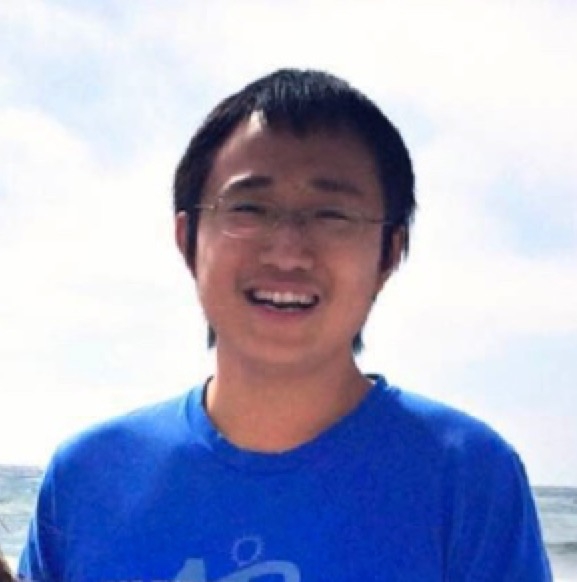
PhD Thesis Defense
August

Carnegie Mellon University
1:00 pm to 2:00 pm
NSH 3002
Abstract:
There is a famous tale in computer vision: Once, a graduate student asked the famous computer vision scientist Takeo Kanade: “What are the three most important problems in computer vision?” Takeo replied: “Correspondence, correspondence, correspondence!” Indeed, even for the most commonly applied Convolutional Neural Networks (ConvNets), they are internally learning representations that lead to correspondence across objects or object parts. The way these networks learn is via human annotations on millions of static images. For example, humans will label images as dog, car, etc. However, this is not how we humans learn. The visual system of an infant develops in a dynamic and continuous environment without using semantics until much later in life.
In this thesis, I will argue that we need to go beyond images and exploit the massive amount of correspondence in videos. In videos, we have millions of pixels linked to each other by time. I will discuss how to learn correspondence from continuous observations in videos without any human supervision. Once the correspondence is given, it can be utilized as supervision in training the ConvNets, eliminating the need for manual labels. Besides supervision, capturing long-range correspondence is also the key to video understanding as well as human-object interaction reasoning. The effectiveness of these ideas will be demonstrated on tasks including object recognition, tracking, action recognition, and affordance prediction.
Thesis Committee Members:
Abhinav Gupta, Chair
Martial Hebert
Deva Ramanan
Alexei A. Efros, University of California, Berkeley
Rob Fergus, New York University